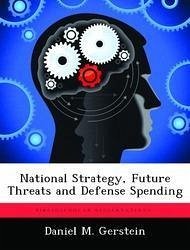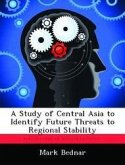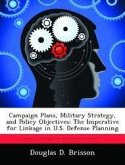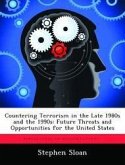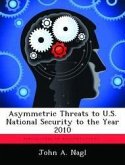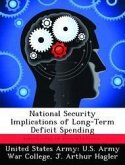In the early 1990s, the world has seen unprecedented changes in the global security environment that have drastically altered the balance of power, and the manner in which nations of the world interact. The evolving international security environment has significant implications for the use of United States military forces in support of national strategic objectives. In the last two years, the world has seen the fall of the Berlin wall, the dissolution of the Warsaw Pact, the death of Communism, the reunification of Germany and the dissolution of the Soviet Union. Simply stated, the paradigm has broken. The comfortable, albeit dangerous, post-World War II world that we lived with has become more uncertain and unstable, and potentially more dangerous. This study investigates the national security strategy of the United States by identifying threats to our interests, our military forces and their employment and current defense budget trends. Using this as a baseline, projections are made concerning the future security requirements in the Post-Cold War world. Post-Cold War national interests are discussed, future threats and the military forces necessary to confront these threats are presented, and necessary budget adjustments are developed.
Hinweis: Dieser Artikel kann nur an eine deutsche Lieferadresse ausgeliefert werden.
Hinweis: Dieser Artikel kann nur an eine deutsche Lieferadresse ausgeliefert werden.

